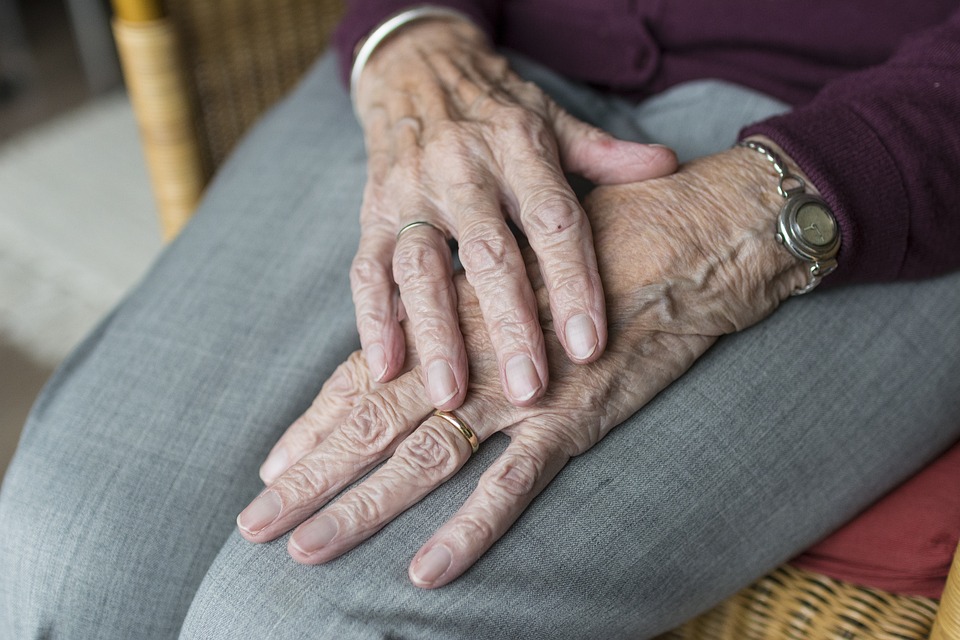What Issues Impact Quality of Life for Older Cancer Patients?

Did you know that there are about 15 million people in the United States right now that have been diagnosed with some form of cancer? Did you also know that 62% of that 15 million (9.3 million) are 65-years-old or older? Each year, the percentage of cancer patients over 65 increases, largely due to the aging baby boomers as 75% of cancer survivors will soon be in the over 65-years of age group.
With a growing number of cancer survivors and cancer patients reaching 65 and older, what are the important things that impact their quality of life?
To some, determining how to maintain an acceptable quality of life for older cancer patients and survivors is almost as important as finding cures for the cancers.
It wasn’t that long ago, that many older cancer patients felt that the quality of life during treatment wasn’t worth undergoing the treatment, and they opted to accept their fate without putting up a fight. I have to admit that this is something that I would seriously consider.
So, what the important quality of life factors?
“To investigate the issue, Maria Pisu, PhD, Associate Professor in the Division of Preventive Medicine, Gabrielle Rocque, MD, Assistant Professor in Hematology and Oncology, and their colleagues at the University of Alabama at Birmingham surveyed 1457 adults aged 65 years or older. Most of the respondents were not actively receiving cancer treatment at the time of the survey and were one year or more past their diagnosis. The survey explored factors in physical, psychological, social, and spiritual domains that could impact quality of life.”
‘The researchers found that the physical and mental components of quality of life were likely affected by factors across different domains. The most important contributors associated with worse physical quality of life included more severe symptoms of pain, fatigue, and disturbed sleep in the week leading up to the survey, as well as other medical conditions that patients had besides cancer. Also important were social domain factors related to support needs, such as needing help when fatigued. Being physically active appeared to be an important contributor to better physical quality of life. The most important contributors linked with worse mental quality of life were again the severity of symptoms such as fatigue and disturbed sleep. Other likely contributors included the need for emotional support and having financial hardship events.”
“‘Quality of life studies tend to focus on one cancer at the time, on the period during treatment, and on specific cancer drugs or treatments; however, as people live longer after a cancer diagnosis, it is important to understand the contribution of other factors to quality of life regardless of cancer type or treatment,’ said Dr. Pisu. ‘Cancer type and treatment received were not among the most important factors affecting quality of life in our group of survivors’.”
Dr. Pisu concluded that a comprehensive health program that involves activity and healthy lifestyles is important to maintaining a quality of life worth enduring the treatment.
I would add that it’s important to have the support of family and friends. Positive relationships can do wonders for helping some cope with many difficult things. Lastly and most importantly, help that older person with cancer to have a saving relationship with Jesus Christ. After all, the one thing that a true Christian looks forward to more than anything else is passing from this world to the next where Jesus promises us a new body with no more pain and suffering.








Recent Comments